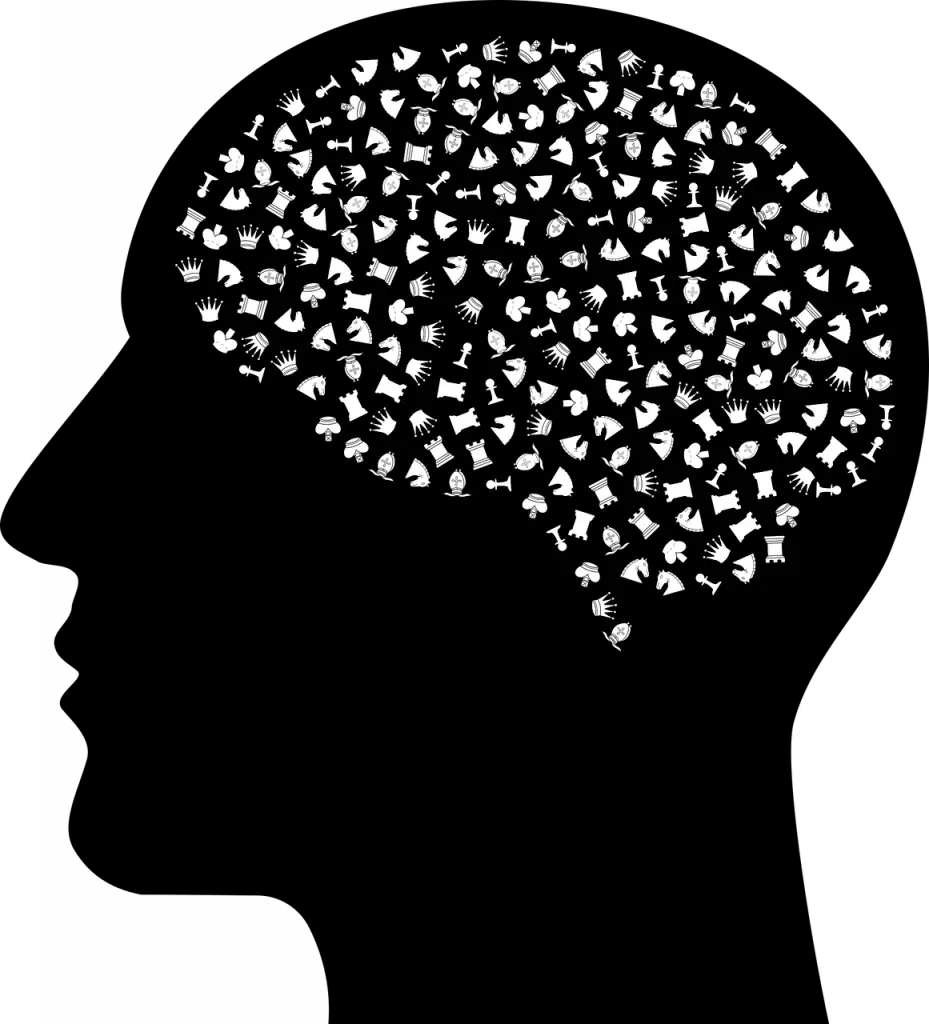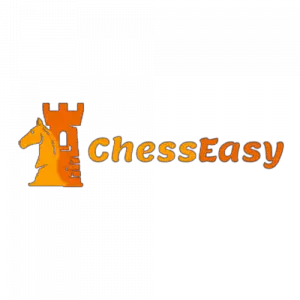Chess is one of the few activities that totally engages your head. Chess is a brain tonic that improves concentration, patience, and perseverance, as well as creativity, intuition, memory, and, most importantly, the ability to process and extract information from a set of general principles, allowing players to make tough decisions and solve problems in a flexible manner. Most significantly, it teaches the virtue of patience, which is a precious attribute.
Chess has been demonstrated to improve overall IQ levels in students. After only 4.5 months of carefully studying chess, a Venezuelan study involving 4,000-second grade pupils discovered a significant boost in their IQ levels. Tournament chess games, in which each player is required to make a move within a certain amount of time, sharpen one’s ability to perform under pressure, simulating the conditions of most school and competitive tests.
Chess players are often stereotyped as intelligent, rational, and mathematicians. This is why so many parents around the world are eager to teach their children how to play chess in the hopes of improving their child’s intelligence and helping them achieve in a number of subjects.
But, other than chess being a great game with a military past in eastern India, is there any evidence that playing chess makes you smarter?
However, while it is evident that there is a link between general cognitive ability and chess skill, is this simply because bright people are more likely to play chess, or does playing chess make individuals smarter?
Brain game

Playing chess makes you smarter is based on the following logic: chess demands focus and intelligence, and since mathematics and literacy require the same general qualities, practising chess must increase one’s academic performance.
In order to examine the impact of chess instruction on the academic skills of over 4,000 British children, the Institute of Education performed a comprehensive study.
The findings were disheartening — it appeared that chess had no influence on children’s arithmetic, literacy, or science achievement levels.
The chess community immediately questioned the validity of the findings, especially since other studies paint a more upbeat picture of the scholastic benefits of chess education.
Assessing the evidence
The chess community is undoubtedly correct in criticising the latest study, as it has significant methodological flaws that render the findings invalid.
We conducted a review of all studies in the field before publishing the findings. Our findings revealed that chess education had some mild effects on cognitive capacity and academic accomplishment, particularly in mathematics.
However, we must be cautious in interpreting these findings as evidence of chess’s ability to improve cognitive or academic skills. This is because the majority of the research examined compared the effects of chess to those who did not participate in any other activities.
This is a concern since studies have shown that the excitement and enjoyment caused by novel activities can have a positive temporal influence on test scores – a placebo effect.
Crucially, when compared to other activities such as checkers or athletics, chess had no discernible effect on children’s abilities. As a result, it’s possible that the favourable effects of chess training are essentially placebo effects.
Chess notes
All of this indicates that chess is unlikely to have a major effect on general cognitive performance. So, while it may appear to be a quick win – that a game of chess may develop a wide range of skills – this is unfortunately not the reality.
In fact, failure to generalise a talent occurs in many other domains besides chess, such as music instruction, which has been found to have little influence on non-music cognitive or academic ability. Video game training, brain training, and working memory training are all examples of this.
The failure of skills obtained via training to transfer across domains appears to be a universal feature of human cognition. In other words, you grow better at what you practise in at the very least — which may just sound like basic sense.
However, just because expecting chess to improve a child’s cognitive abilities and general academic accomplishment is wishful thinking doesn’t mean it can’t still be beneficial to their education.
Playing chess clearly necessitates some level of arithmetical and geometrical ability, and creating mathematical games or exercises using chess material can still be a simple and enjoyable approach to help children learn.
10 Things Chess Does To Your Brain
Chess is sometimes regarded as a brain game for highly gifted people since it involves mental exercise. World Chess Grandmaster Bobby Fischer popularized this brain game in the 1950s and 1960s, and it is now frequently played by young and old people all over the world.
Chess, unlike athletics, does not help people strengthen their biceps or tone their abs, but it does boost their mental health for a long time. Since many people are now at home, they have decided to play this game, which can be performed inside and requires little physical contact.
- Assists in the recovery from a stroke or handicap
- Improves memory
- Improves reading abilities
- Develops planning and foresight
- Improves problem-solving skills
- Promotes creativity
- Prevents Alzheimer’s Disease
- Increases IQ
- Exercises both hemispheres of the brain
- Stimulates brain growth

